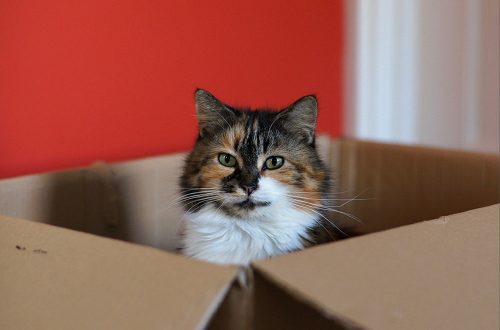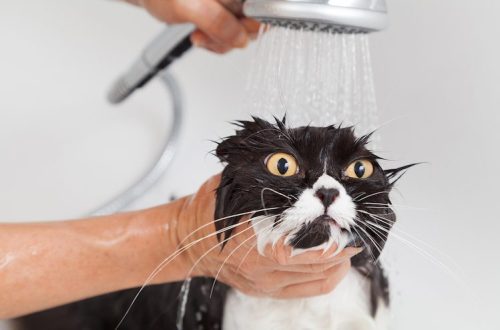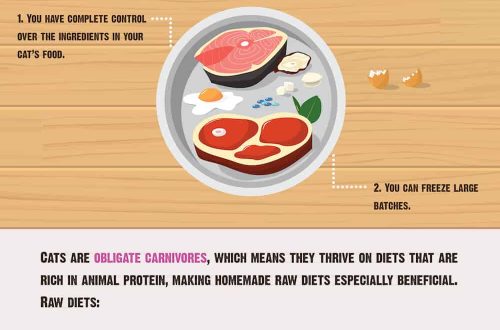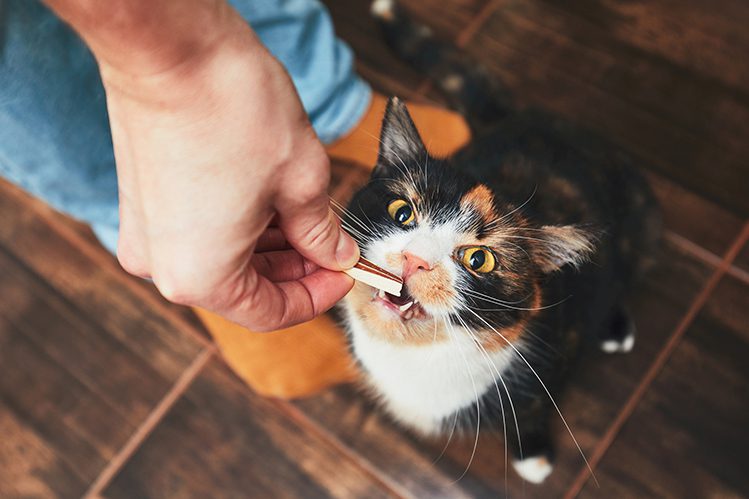
Food allergies and food intolerances in cats
Allergy, the famous “disease of the 21st century”, is found not only in humans, but also in pets. For example, itching and skin irritation in cats can be symptoms of a food allergy or food intolerance. Read more about this in our article.
Food allergies and food intolerances are disorders of the digestion of a certain type of food due to a lack of enzymes or poor metabolism.
Food allergies in cats occur when an allergenic protein is found in the food. And food intolerance can be a reaction to the amount of the product.
- Food allergies in cats: symptoms
Food allergies are accompanied by all the “classic” signs: rashes and redness on the skin, itching, scratching, and sometimes bald patches.
- Food Intolerance in Cats: Symptoms
Food intolerance is manifested by a disorder of the gastrointestinal tract. As a reaction to an indigestible product, a cat develops diarrhea, flatulence, bloating, and vomiting. The skin remains intact.

Potentially allergenic components for a cat can provoke food allergies and food intolerances. First of all it is:
– soy,
– dairy,
– beef,
– lamb,
– cereals,
– chicken, etc.
If the pet’s body reacts poorly to any component, it must be excluded from the diet and replaced with another one (so that the diet remains balanced).
Only a veterinarian can diagnose a food allergy or intolerance in a cat. He will collect an anamnesis, examine the pet, conduct the necessary tests, rule out other diseases and prescribe treatment.
The difficulty in diagnosing food allergies is that many dermatological problems have similar symptoms. For example, food allergies and atopic dermatitis are equally manifested. To differentiate them, the veterinarian prescribes a new diet – a special diet that excludes potentially allergenic and difficult to digest components. These diets are hypoallergenic and support skin function. An example is the grain-free Monge Vetsolution Dermatosis veterinary diet, which is prescribed for food allergies, food intolerances, inflammatory skin diseases, chronic itching and intestinal inflammation. How does it work?
– The Fit-aroma functional system creates a special approach to the treatment of dermatological diseases;
— superoxide dismutase prevents oxidative stress;
– xylooligosaccharides normalize the intestinal microflora.
The complex action of the components of the composition contributes to the rapid regeneration of the skin and coat and strengthens the immune system.
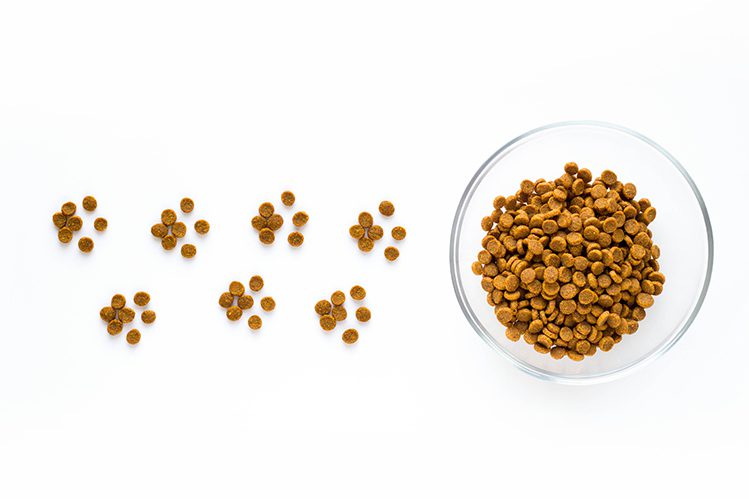
The therapeutic diet is selected by a veterinarian. Based on the cat’s history and condition, he will suggest which ingredients are most likely to be causing the problem and recommend a food with the right ingredients. Depending on the reaction of the cat to the new diet, a decision will be made on its further diet.
It may take time to determine which food a particular cat does not respond well to. But by eliminating this component from the diet, you will save your pet from both food allergies and food intolerances.



